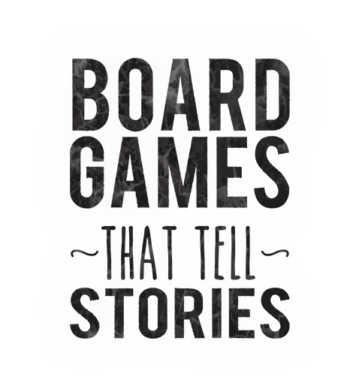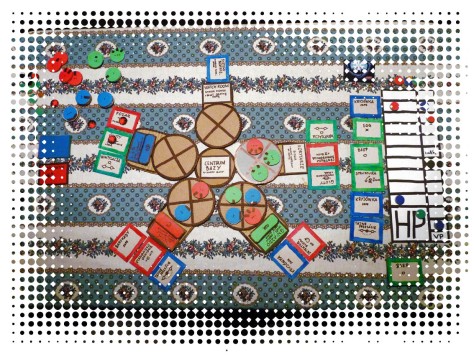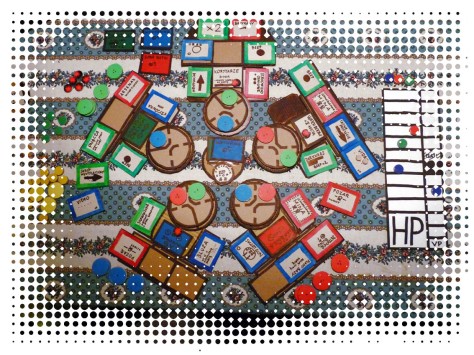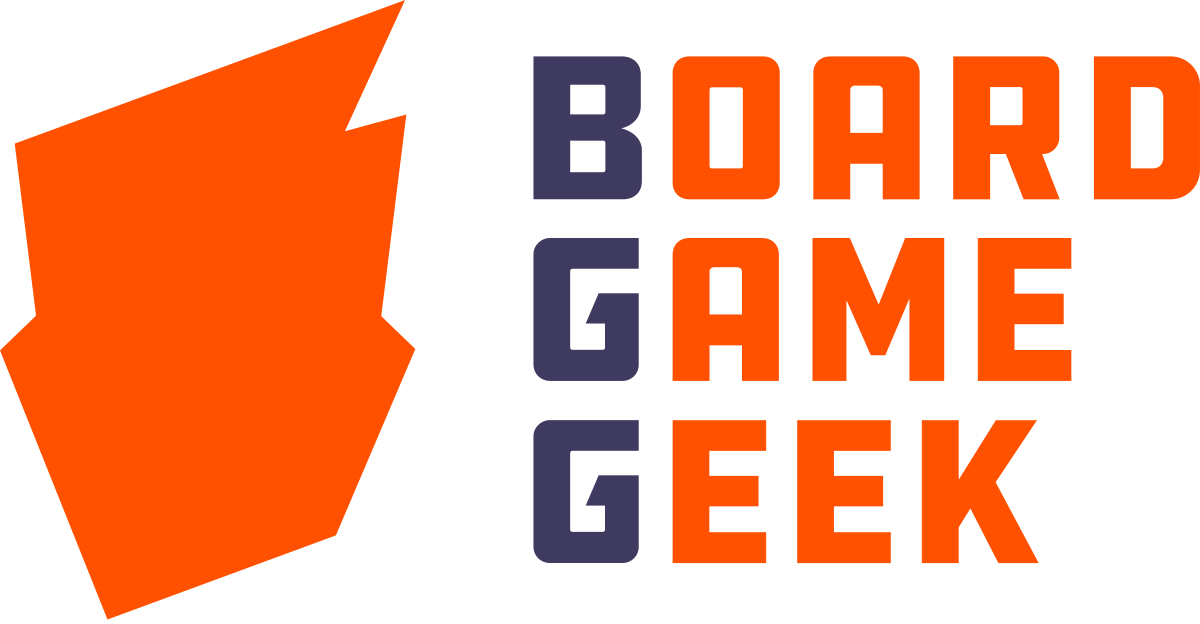 [this is gues post by Michal Oracz]
[this is gues post by Michal Oracz]
Do you guys know how many fragrance notes there are in perfumes?
I do. Three: the top note, the middle note and… uh… and the base note.
The top note is the first and the faintest, short-lasting stage of a fragrance. You could even say it’s the least important because it lasts for only about few minutes after using the atomizer. These ingredients will be gone after a while, uncovering other ones, those that more lasting, they were used by the perfume designer in order to be the second stage, the middle note. It’s the middle note that we will carry so it better be really good. Finally when it is gone as well the third and most lasting stage of the fragrance will stay, the base note, composed of longest lasting ingredients. It’s some knowledge for a guy, isn’t?
I know all this because for quite a few years I’ve been living in a perfumery. My girlfriend’s passion is perfume and since she likes to share this knowledge with me, every day she sticks blotters under my nose, about half a kilo of them to be precise, and she questions me about the aromatic compositions.
It was rather interesting at the beginning. But when one catches himself on analyzing the aromatic composition of a steak or a cucumber salad it’s a good signal to start worrying.
Today, I think for the first time, I can say that this knowledge finally was somehow useful to me. Why?
Let me explain.
While designing factions for Neuroshima Hex I am most interested in the middle note and the base note. All my efforts are focused on them. I completely ignore the top note.
The thing is I no longer speak about fragrance notes, I speak about game balance notes.
I don’t care about the first impression. The player sits in front of the game, he takes a new army and crushes the opponent without any problems. Or he gets crashed even thou he almost overloaded his brain. He states his first verdict: this faction is unstoppable. Or otherwise: this faction is completely ineffective. The next few games might look similar.
This is because I assume that Hex is not a game for just a few plays. The same goes to new factions.
I assume that I must deliver the perfect product to those players who will play the core version and it’s expansions over and over, hundreds of times. To those players that will search for tactics for playing with each army and against each army. Those that would be capable of finding every possible winning strategy, every breach and weakness of each of the armies, should such a weakness exist. Then Hex’s place would be in the trash.
Sure, there are many games in which the first impression is the most important, in which the designers never even assumed that they will be played hundreds of times over and over. Not all games are created with an eye for tournaments, record setting or gaining experience throughout time. Sometimes it’s enough that the game will work for the first few games and during these few sessions it will provide good entertainment.
Hex is a game strongly oriented towards tournaments. It must work in hundreds and thousands of plays. It’s the balance of armies in hands of the experienced players that is important here.
That’s the theory. How does it prove in practice?
Monday, a couple months ago. A batch of results arrives from a large group of testers. I glance at it and am shocked. I immediately forget my theory. I look at the test results with eyes wide open from disbelief. This cannot be true.
Mississippi loses. Loses damn hard.
How could I have been mistaken in my tests? In hundreds of plays, in all possible combinations and different strategies?
The balance regarded not only the perfectly scaled results but also the tiniest details of gameplay. The army was well fitted for all kinds of threats of each of the other armies. It has a remedy for Borgo’s or Hegemony’s expansion on the game board. It has a whole range of nasty offensive actions, it has an ace up the sleeve which forces the opponent to declare the battle stage, it is balanced, it does not depend on just a few tokens, it can force it’s way through opponent’s Headquarters’ defenses, it has perfect tools for defending its own Headquarters.
It’s not even 1% too strong nor too weak. It’s damn even and tested.
Yet I see the results. It is losing.
This was the exact moment where I could have wasted the balance. All I had to do was panic and strengthen Mississippi. It’s really easy – precise strengthening of a faction is trifle.
Were I to have strengthened Mississippi back then, I would have committed an unforgivable mistake. I would have balanced the faction for the first dozen plays but simultaneously I would have destroyed the balance for a hundred more.
Panic is a bad advisor.
I looked at the results once more and saw more information that were hidden before: Mississippi lost mainly in the first few plays, then it starts to compensate. Second thing is that Borgo raises the statistics, the less experienced players often have problems with this fast army because they don’t yet see it’s obvious weak points.
Exactly the same as in the exorcisms, when a priest is trying to tear out its name from the daemon so he can submit it, in the case of a strange upsetting of the balance you need to precisely locate and name the problem in order to solve it. Wins or defeats happening too often can be a result of something completely different than the strength or the weakness of a faction. Especially in tournament games like Hex.
Each army has its own Achilles’ heel and its strongest tactics. The thing is that in some of the armies it’s really easy to spot them and in some it’s hard. Borgo is one of the simplest armies, its weakness is invisible at the first glance. As soon as they are discovered, Borgo stops to be the bully on the board. The Outpost is the most complex of the basic armies, its biggest strength is invisible at first glance. So does that mean that any of the experienced players would call it a weaker army? Of course, not.
A well balanced army can seem to be too powerful at the beginning but with each game and with experience this advantage will grow smaller and smaller until it is statistically equal. An analogical situation takes place with the armies that seem too weak at the beginning. After a few dozens of games the player becomes an experienced player – and this is the moment when all officially issued armies become equal.
What Mississippi lacked were strategy hints. Something that would speed up learning of how to lead this peculiar army. This faction is of the more complex sort but after getting the hang of it, it will more than make up for the invested time and effort.
So let’s have a look at Mississippi:
We have a medium range of units with medium initiative. Weak melee attacks and weak ranged attacks. No additional life points nor armor. Limited mobility. No modules improving initiative and attacks’ strength.
BUT:
We have Mutations – special modules that provide a lot of toughness to the units.
We have the Toxic Bomb that will detonate a part of the game board whenever we want. It’s a terrain tile so the opponent can’t do almost anything about it.
Our Headquarters can push.
We have the Zone which sets enemy units’ initiative to zero. We also have Pollutions that paralyze units.
We have Shadows…
And most of all – we have HUGE possibilities and resources to poison opponent’s Headquarters.
This is Mississippi – a poisonous, deadly monster that hides in toxic fumes and gurgles with toxins.
During tests and final polishes of a new faction I note down a lot of things besides the results. Among these notes are difficulties with specific factions and tactical, strategic insights. It comes in really handy.
I briefly described the basics of efficient strategies for Mississippi. Sent it. New results came after few days.
I checked how Mississippi works now.
Phew…
The exorcisms were successful; the daemon of balance upsetting was banished back to the hell of broken games.
The players appreciated the importance of Venom and its multiple ticks in each battle. They appreciated Paralysis and started to use it properly. They learned how to use Shadows and Boilers, they appreciated The Poisoner and Toxic Bomb, learned how to efficiently use Mutations. And the opponents learned how to deal with Headquarters’ ability to push.
Mississippi is not the new Borgo, nor Moloch, it does not welcome the player with arms wide open. It’s neither the new Neojungle, nor Vegas, nor Mephisto, nor the Dancer – meaning it’s not a new weird, experimental army. It’s more like a new Outpost or a new Hegemony. It includes a package of curious but not obvious serves both defensive and offensive.
And you are probably curious how does Mississippi smell like in the year 2050, in a world where machines submitted mankind? Well let me just say: you’d better put your gas masks on…
 I have today guest post – follow up written by Michał Oracz.
I have today guest post – follow up written by Michał Oracz.
















 I strongly believe that good board game is the one that tells a good story. You play it and suddenly you are sucked into it, you feel chills on the skin. Emotions grow. In a moment you defend castle. You hear roar of warriors. You smell boiling oil. You are into it.
That's how I design my games. I always want to tell a good story. I want players to be into it. As deep as possible.
I strongly believe that good board game is the one that tells a good story. You play it and suddenly you are sucked into it, you feel chills on the skin. Emotions grow. In a moment you defend castle. You hear roar of warriors. You smell boiling oil. You are into it.
That's how I design my games. I always want to tell a good story. I want players to be into it. As deep as possible.



